 |
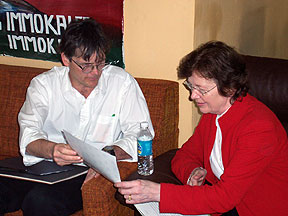 |
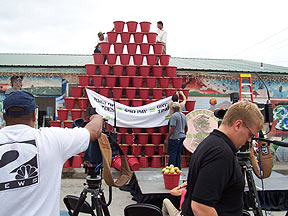 |
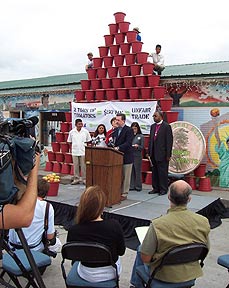 He added, “We publicly call on the CEO’s, the boards of directors and the major investors in these leading [food] companies to guarantee that their supply chains adhere to the highest standards of respect and responsibility for workers rights.” |
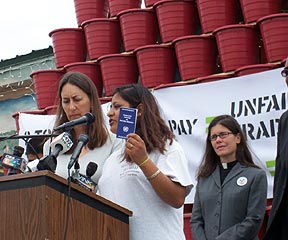 |
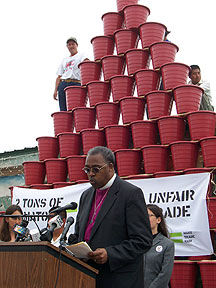 |
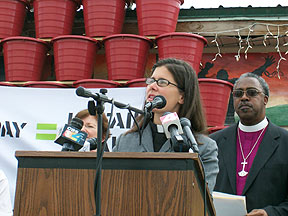 Mr. Novak, as the CEO of the largest fast-food company in the world, we need your leadership. We sincerely hope that by its words and actions Yum Brands! will join with farmworkers and its tomato suppliers to create just working and living conditions that promote human well-being “ |
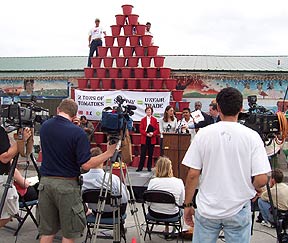 |
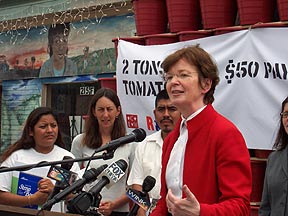 But, she continued, they might do well to visit Immokalee, to “go out at four in the morning at the start of a working day” and see the horrendous conditions workers must suffer. Then, she said, the company might reexamine its “purchasing strategy” that relies on the cheapest of labor. Yum has “great purchasing power and they use it to buy the cheapest products, and the burden of that is falling on the workers,” she said. |
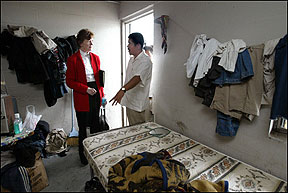 |
